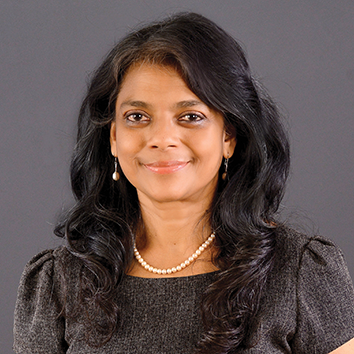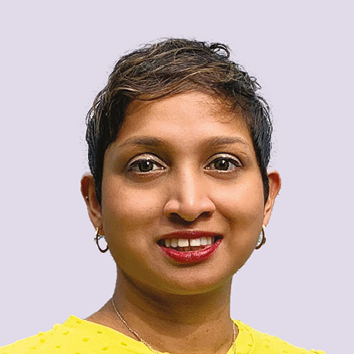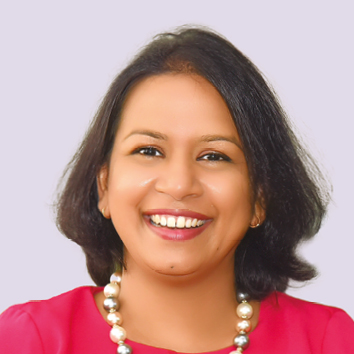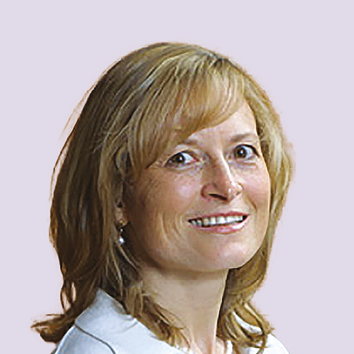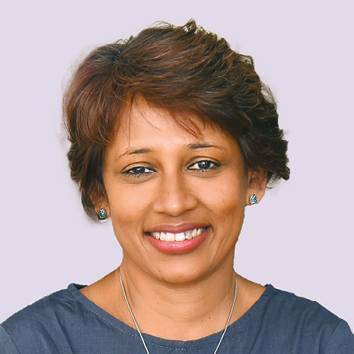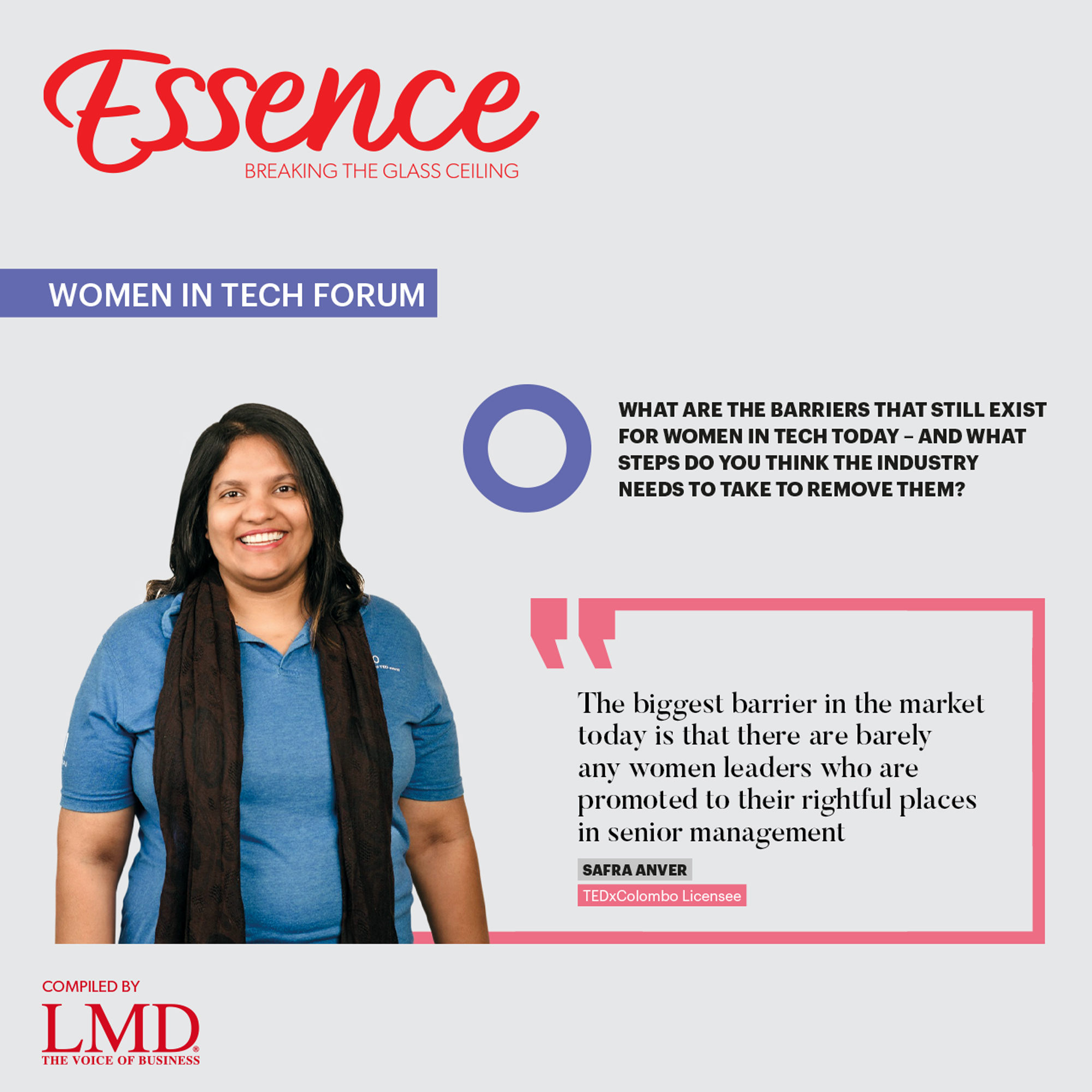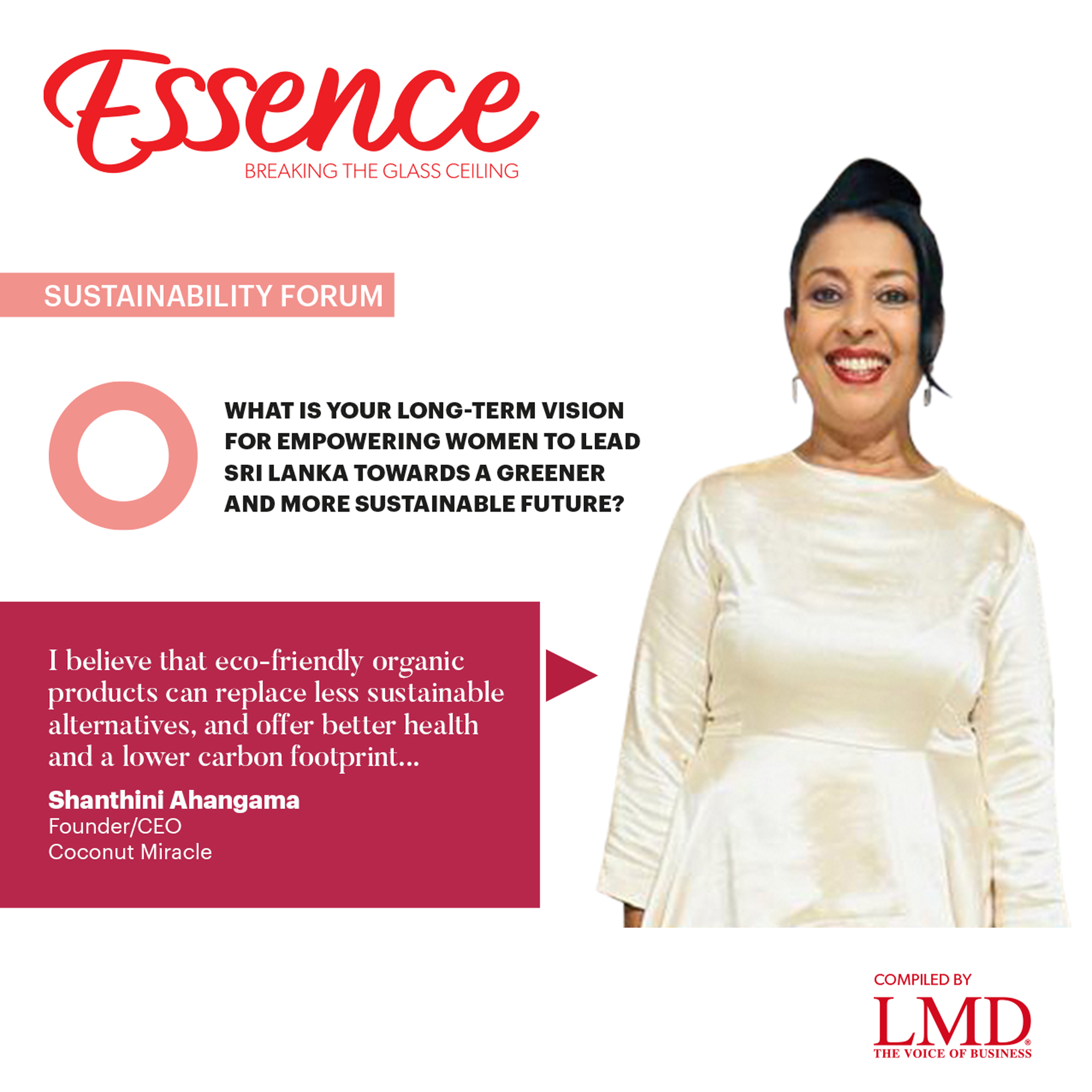WSO2
 Q: Who has been your greatest influence in business?
Q: Who has been your greatest influence in business?
Padmika Dissanaike (PD): I wouldn’t attribute it to one person or instance. Instead, every job I’ve had and every team or corporate leader I have worked with has helped me develop or think differently in some way.
Charndika Arthanayake (CA): It’s a privilege to be a part of
the leadership team and play an integral role in the effort to build WSO2 into the global organisation it is today with sales teams all over the world. This has been an amazing journey.
Seshika Fernando (SF): The first is Indra Nooyi, the former CEO of PepsiCo. She’s an inspiring woman leader – one who also raised two children. It helps me to have a point of reference while I manage work and raise my children.
The second person is my husband. The two of us are equals and neither of our jobs or duties to our children is prioritised over the other. With this attitude and environment to work in, there are no limitations.
Q: What is your greatest professional accomplishment?
PD: For me, it is having held senior executive positions in Fortune 1000 companies in the UK and the US, and now at WSO2.
It’s a privilege to have been a part of this journey from being a startup with 50 employees in 2007 to over 700 as well as having corporate customers in more than 70 countries. This has been an amazing ride.
CA: A major success factor for me is building a strong and agile team, and helping them develop their personal careers.
 Q: And what are some traits of great women leaders?
Q: And what are some traits of great women leaders?
PD: I don’t think traits are specific to women leaders. What I believe is there are great and bad leaders – gender is irrelevant. Good leaders challenge people to step up while guiding them to do their best and never feel threatened if someone challenges their views.
Q: So what key leadership lesson have you learnt along the way?
PD: A good idea can come from anywhere, anyone and any level. Never underestimate where your inspiration comes from. Another lesson I learnt is to provide people with opportunities to show off their skills.
Q: How does it feel to work at WSO2?
PD: I joined WSO2 when it was a mere two-year-old startup. Fifteen years later, I see us as preserving that startup attitude with the ‘anything is possible’ mentality. We also work with a great group of people who are supportive and nice – and of course, super smart.
CA: It’s fun and exciting, and there’s never a dull moment. There is a great deal of passion and drive where teams work together to achieve a common goal.
SF: Flexibility is offered to all employees. Even before COVID-19, we were able to work from home (WFH) when we wanted. There are no working times confining you to a 9-5 shift. This flexibility paired with how performance is recognised and rewarded serves as a clear differentiator.
![]() Q: Has your experience as a mother contributed to your business management skills?
Q: Has your experience as a mother contributed to your business management skills?
PD: Yes, but my twin sons – who are 19-years-old – will take great delight in disagreeing. They joke that I have no mothering skills, leave alone management skills.
However, I think that having kids teaches you to multitask, be patient and encouraging, and find creative solutions, which are relevant when managing teams and work.
Q: Why is having a more diverse workforce important – especially in senior management teams?
PD: Diverse teams are good for business as they produce a richer set of ideas. Role models are also important – people’s aspirations are formed by what they see, hear and experience.
So if we want our children – be they girls or boys – to feel they can achieve anything, they have to see others who have gone there before them.
CA: Diversity brings different viewpoints and opinions to the table. At the same time, it enables us to offer the right person a job regardless of gender.
Q: What is the best advice you have received?
PD: Be passionate and believe in yourself. You have to believe that you can aim for and achieve your goals, and then go for it!
CA: Be courageous and go for it. There is no boundary to stop you besides yourself.
Padmika Dissanaike
Chief Financial Officer
Charndika Arthanayake
Vice President – Integration BU
Seshika Fernando
Vice President & Head of Open Banking
Q: Could you outline the factors that make working at WSO2 different from other companies?
Puny Navaratne (PN): I came from a very different professional background. As a lawyer, I worked in a law firm with a conventional outlook. Everything changed when I joined WSO2 – I was brought into an open culture where everybody’s equal. This helped me to not only work well but also gave me the freedom to do things the way I thought was right.
Rebecca Hurst (RH): WSO2 is one of the most inclusive organisations that I have ever worked with. Dr. Sanjiva Weerawarana – our founder and CEO – set the tone from the company’s inception by embracing important concepts from the open-source community.
Chief among these concepts is having a culture of meritocracy where all individuals’ contributions are recognised. This is why you see so many women in senior roles in both the technology and executive teams at WSO2. Meritocracy, along with inclusivity and community, are values that the organisation actively practises, and they really make WSO2 stand out.
Q: What are some traits you associate with great women leaders – and could you share a leadership lesson you’ve learnt along the way?
PN: Empathy is vital to everything we do. It’s very easy to fall into a routine and we tend to forget how to empathise with others but I firmly believe that we must always have an empathetic side to what we do.
Udeshika Ratnavira (UR): I would say that there are only general good traits as leaders. One of the best pieces of advice that I received was that if you don’t like doing something, don’t delegate it to someone else. You have to be ready to do things as well.
RH: In a way, you have to treat your team members the way that you treat customers – you can’t merely tell someone to do something. Instead, you need to earn their trust and respect. Unless employees feel a sense of loyalty to the company or their team, they will not have the drive to succeed.
 Q: In your opinion, has your experience as a mother helped in your business management skills?
Q: In your opinion, has your experience as a mother helped in your business management skills?
UR: Being a mother has made me sensitive to the challenges that working mothers and women face, and this helps me be empathetic in general towards working parents.
Q: How does the company approach the issue of gender balance – especially when it comes to senior management teams?
UR: When we promote people or even recruit employees, gender does not come into the equation – we approach it from a purely capability point of view and above all, attitude and good values.
It just so happens that we have a good representation of women in our senior management. This is a reflection of how society is changing and how more women are taking on roles that were previously typically dominated by men. It’s important to provide opportunities and encourage diversity as this adds more value to an organisation in multiple aspects.

